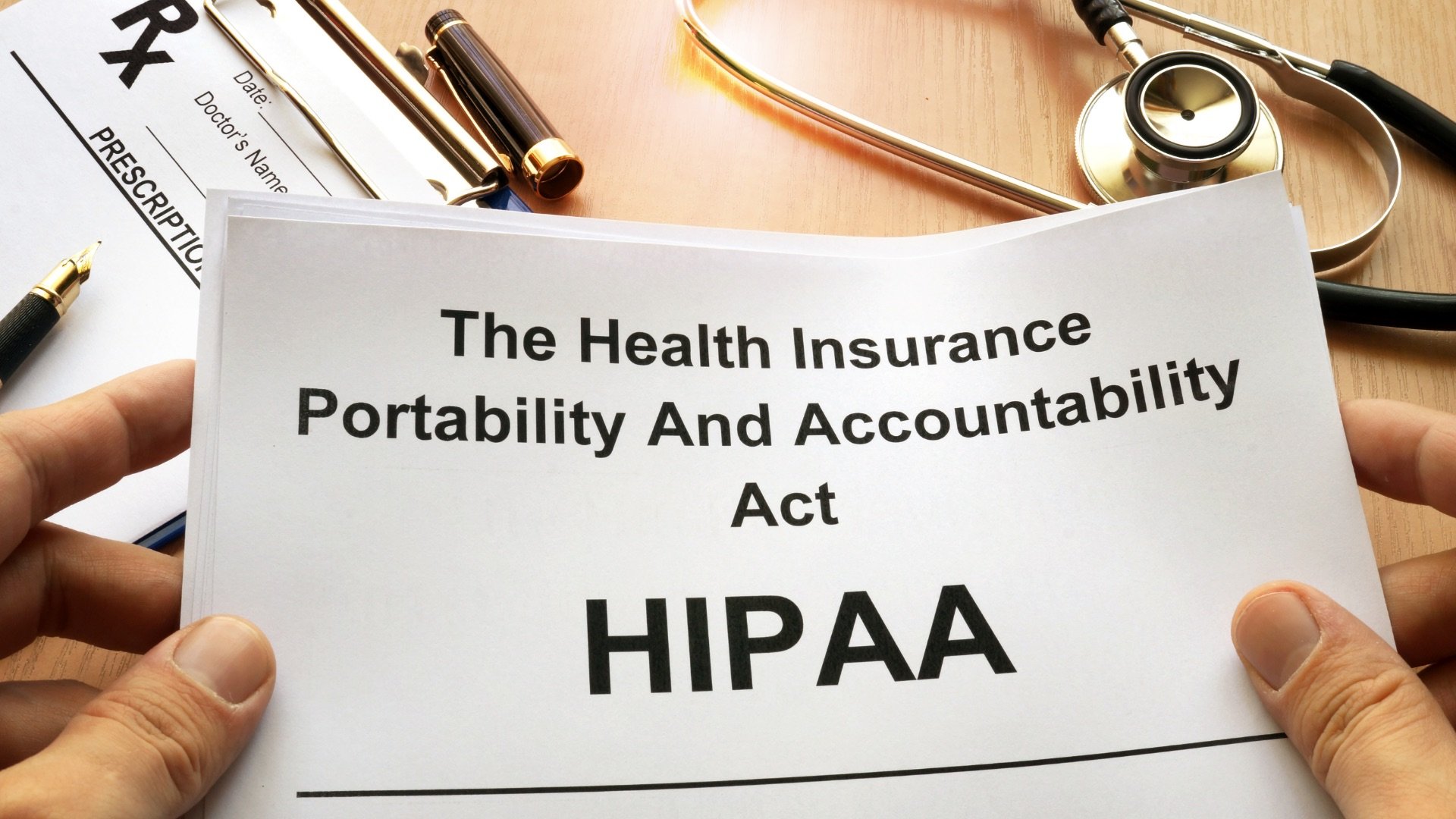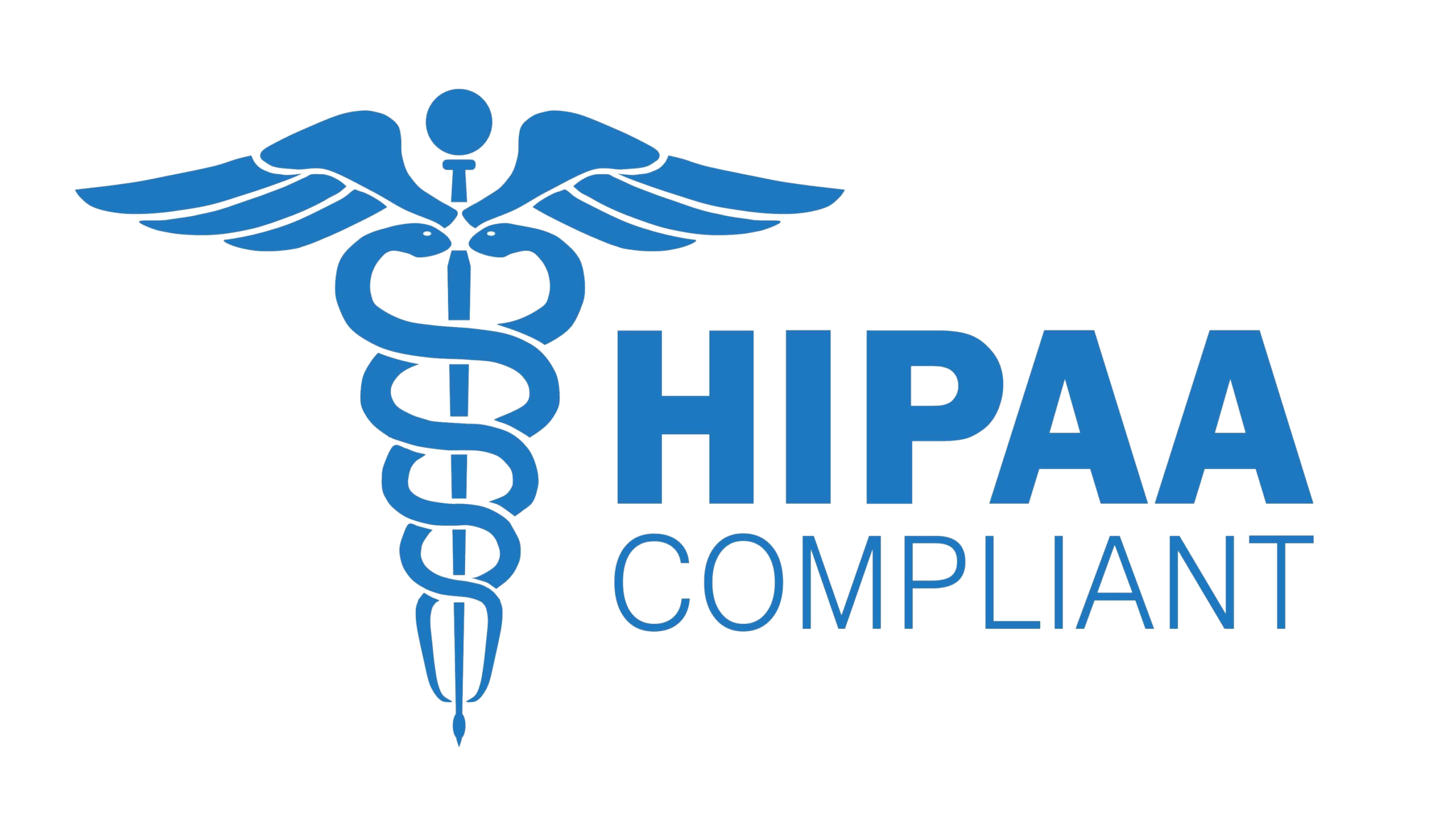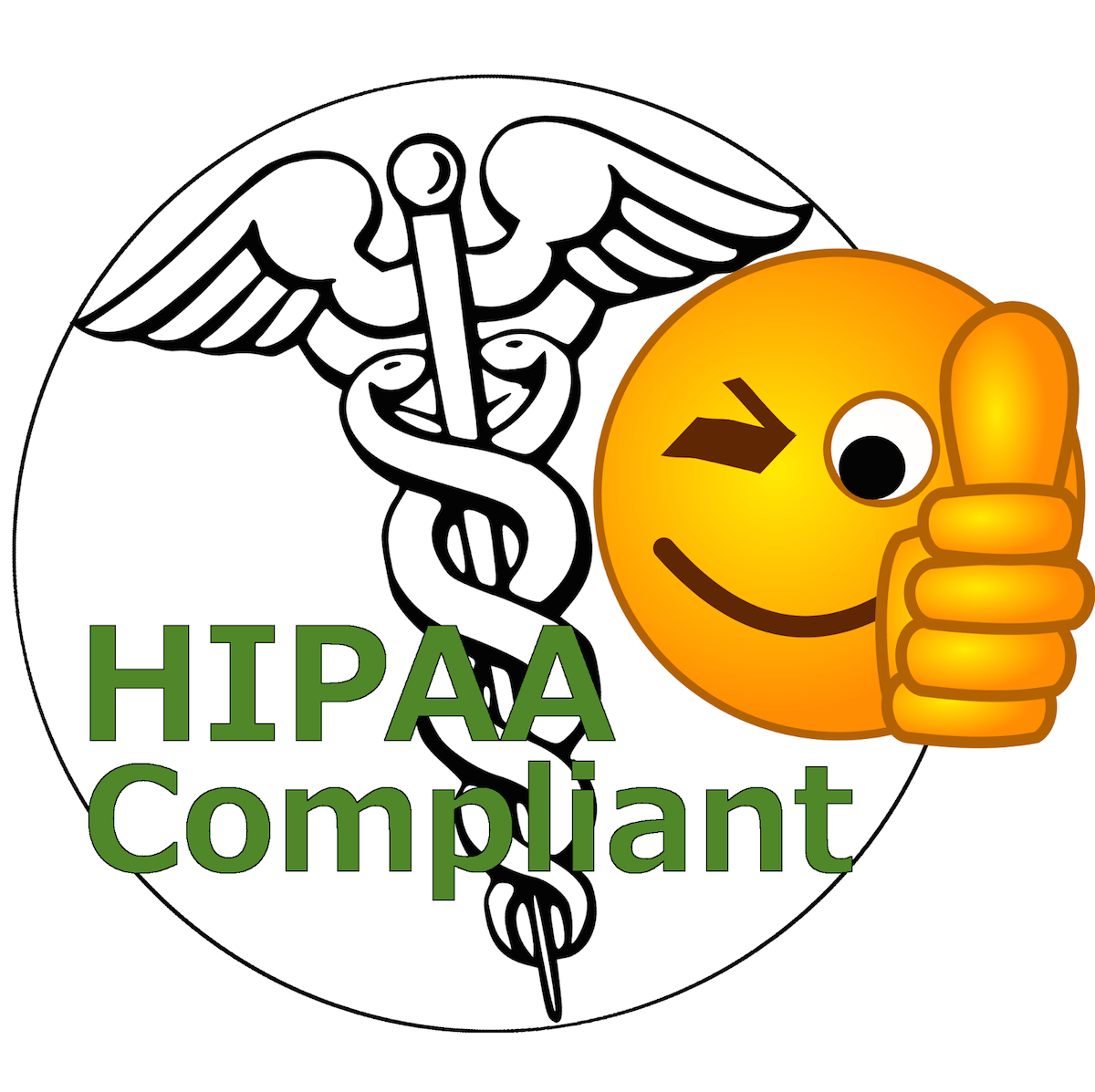HIPAA (Health Insurance Portability and Accountability Act)

The Health Insurance Portability and Accountability Act (HIPAA) is a federal law that protects the privacy of health information. It was enacted in 1996 and has been updated several times since then.

HIPAA regulates the use and disclosure of health information by covered entities, which include healthcare providers, health plans, and healthcare clearinghouses. Covered entities must take reasonable steps to protect the privacy of health information and must provide individuals with access to their health records.

HIPAA also establishes standards for the electronic transmission of health information. These standards are designed to ensure the security and privacy of health information when it is transmitted electronically.
HIPAA has been credited with helping to protect the privacy of health information. However, there have also been concerns that HIPAA has been too restrictive and has made it difficult for patients to access their own health records.
In recent years, there have been calls to reform HIPAA to make it more patient-centric. These reforms would make it easier for patients to access their own health records and would allow for more flexibility in the use and disclosure of health information.
HIPAA is a complex law that has been the subject of much debate. It is important to be aware of HIPAA’s requirements if you are a healthcare provider, health plan, or healthcare clearinghouse. You should also be aware of your rights under HIPAA if you are a patient.## Hipaa
Executive Summary
Healthcare providers and other entities covered by the Health Insurance Portability and Accountability Act of 1996 (HIPAA) must take steps to protect the privacy of individually identifiable health information. This includes implementing policies and procedures to safeguard electronic protected health information (ePHI).
The purpose of this Comprehensive Guide to HIPAA Compliance is to provide an overview of HIPAA regulations and to help covered entities understand their obligations under the law.
Introduction
The Health Insurance Portability and Accountability Act of 1996 (HIPAA) is a federal law that creates national standards to protect sensitive patient health information, known as protected health information (PHI). HIPAA applies to healthcare providers, health plans, healthcare clearinghouses, and certain other entities.
HIPAA was enacted in response to concerns about the privacy and security of health information. In the past, health information was often shared without the patient’s knowledge or consent. This could lead to identity theft, fraud, and other problems.
HIPAA gives patients more control over their health information. It requires healthcare providers to obtain a patient’s consent before sharing their PHI with anyone other than a healthcare provider who is directly involved in the patient’s care. HIPAA also requires healthcare providers to implement safeguards to protect PHI from unauthorized access, use, or disclosure.
HIPAA is a complex law with many different requirements. However, it is essential for healthcare providers to comply with HIPAA to protect their patients’ privacy and avoid penalties.
FAQs
- What is HIPAA?
- HIPAA is a federal law that creates national standards to protect the privacy of sensitive patient health information.
- Who does HIPAA apply to?
- HIPAA applies to healthcare providers, health plans, healthcare clearinghouses, and certain other entities.
- What information is protected by HIPAA?
- HIPAA protects individually identifiable health information, known as PHI. This includes information about a patient’s health, medical treatment, and payment for healthcare services.
HIPAA Subtopics
1. Privacy Rule
The Privacy Rule of HIPAA sets national standards for the protection of PHI. The Privacy Rule requires healthcare providers to obtain a patient’s consent before sharing their PHI with anyone other than a healthcare provider who is directly involved in the patient’s care. The Privacy Rule also requires healthcare providers to implement safeguards to protect PHI from unauthorized access, use, or disclosure.
- **Covered entities** - Healthcare providers, health plans, and healthcare clearinghouses
- **Protected health information (PHI)** - Individually identifiable health information
- **Minimum necessary** - The amount of PHI that is necessary to accomplish the intended purpose
- **Patient rights** - Patients have the right to access, amend, and restrict the use and disclosure of their PHI
- **Enforcement** - The Office for Civil Rights (OCR) is responsible for enforcing HIPAA regulations2. Security Rule
The Security Rule of HIPAA sets national standards for the protection of ePHI. The Security Rule requires healthcare providers to implement safeguards to protect ePHI from unauthorized access, use, or disclosure. These safeguards include technical safeguards, physical safeguards, and administrative safeguards.
- **Technical safeguards** - Firewalls, intrusion detection systems, and encryption
- **Physical safeguards** - Access control, video surveillance, and security guards
- **Administrative safeguards** - Security policies, procedures, and training
- **Risk assessment** - Covered entities must conduct a risk assessment to identify and address potential security risks
- **Incident response plan** - Covered entities must have an incident response plan in place to respond to security breaches3. Enforcement Rule
The Enforcement Rule of HIPAA sets forth the penalties for noncompliance with HIPAA regulations. The OCR is responsible for enforcing HIPAA regulations and can impose civil and criminal penalties on covered entities that violate the law.
- **Civil penalties** - The OCR can impose civil penalties of up to $1.5 million per violation.
- **Criminal penalties** - The OCR can refer cases to the Department of Justice for criminal prosecution. Individuals can be fined up to $50,000 and sentenced to up to one year in prison. Organizations can be fined up to $250,000 per violation.
- **HIPAA audits** - The OCR may conduct audits of covered entities to ensure compliance with HIPAA regulations.
- **Reporting HIPAA violations** - Individuals and organizations can report HIPAA violations to the OCR.4. Breach Notification Rule
The Breach Notification Rule of HIPAA requires healthcare providers to notify patients and the OCR of any breaches of unsecured PHI. The Breach Notification Rule defines a breach as the unauthorized access, use, or disclosure of PHI that poses a significant risk of harm to the patient.
- **Notification requirements** - Healthcare providers must notify patients of a breach within 60 days of discovering the breach. The OCR must be notified within 60 days of discovering the breach.
- **Breach risk assessment** - Healthcare providers must conduct a breach risk assessment to determine if a breach poses a significant risk of harm to the patient.
- **Mitigation measures** - Healthcare providers must take steps to mitigate the risk of harm to the patient from a breach.
- **Patient rights** - Patients have the right to receive a copy of their breach notification letter.
- **Enforcement** - The OCR can impose civil penalties on healthcare providers that fail to comply with the Breach Notification Rule.5. HITECH Act
The Health Information Technology for Economic and Clinical Health Act (HITECH Act) of 2024 amended HIPAA to expand the definition of PHI to include electronic health records (EHRs). The HITECH Act also increased the penalties for HIPAA violations.
- **EHRs** - EHRs are electronic versions of a patient's medical records. EHRs can be shared among healthcare providers to improve patient care.
- **Meaningful use** - The HITECH Act promotes the adoption and meaningful use of EHRs through financial incentives.
- **Patient portals** - Patient portals are secure online websites that allow patients to access their medical records and communicate with their healthcare providers.
- **Enforcement** - The HITECH Act increased the penalties for HIPAA violations, including civil penalties of up to $1.5 million per violation and criminal penalties of up to $50,000 and one year in prison for individuals.Conclusion
HIPAA is a complex law with many different requirements. However, it is essential for healthcare providers to comply with HIPAA to protect their patients’ privacy and avoid penalties.
Privacy in healthcare is fundamental to foster trust between healthcare providers and their patients. Protected health information (PHI) comprises sensitive information, and safeguarding it from unauthorized access and disclosure is paramount. HIPAA regulations were designed to establish national standards and safeguards for protecting patient privacy. Properly managing Protected Health Information builds trust and confidentiality between covered entities and patients.
Keyword Tags
- HIPAA
- Healthcare Data Security
- Privacy and Security
- PHI
- Patient Rights
